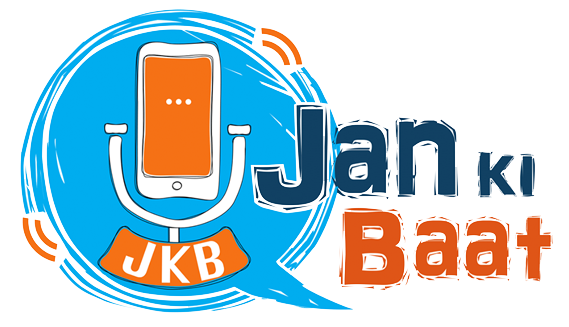The Allahabad High Court, in 2016, declared that the triple talaq, as a practice, was both cruel and demeaning to women. Triple talaq is banned in 20+ states, including Pakistan, Bangladesh, Turkey but continued to prevail in India until today when the Supreme Court on brought the curtains down on the 1,400-year-old practice of ‘triple talaq’ among Muslims.
A five-judge constitution bench, by a majority of 3:2 in which Chief Justice J S Khehar was in minority, said the practice of “‘talaq-e-biddat’ (triple talaq) is set aside”.
Triple Talaq had become a political debate on religious base but it is actually all about equality of women in a progressive society like India.
Women were specifically demanding to abolish the inhuman rule and had a strong objection.
Jan Ki Baat has been chasing this issue since it was first filed in the court and Jan Ki Baat Founder and CEO, Mr. Pradip Bhandari also spoke to Dr. Chandra Rajan, an advocate in the Supreme Court of India representing Muslim Women in the Triple Talaq case where Jan Ki Baat found out that these laws are in fact propagated by the Muslim Maulanas and mukhis who are mixing up religious matters with personal matters.
Watch the video on Facebook: https://www.facebook.com/jankibaat/videos/1978209759073633/
http://https://www.youtube.com/watch?v=F-R58UC1VxQ&feature=youtu.be
There is no Marriage Act or legal remedy for the Triple Talaq since the Quran and the Muzmui Tawani Islami gives more power to the Muslim men than the women. There are three types of cases.
- Where the women do not want a Talaq and are forcefully pushed into it;
- Where the women want a Talaq but are not allowed to get it;
- Where the women don’t know about the Talaq and it is unilaterally bestowed upon them.
In all the above cases, the women were at a disadvantageous position. The children were devastated and many times the women had no one to turn to. Muslim women seek freedom not from other communities but the male members of their own community.
